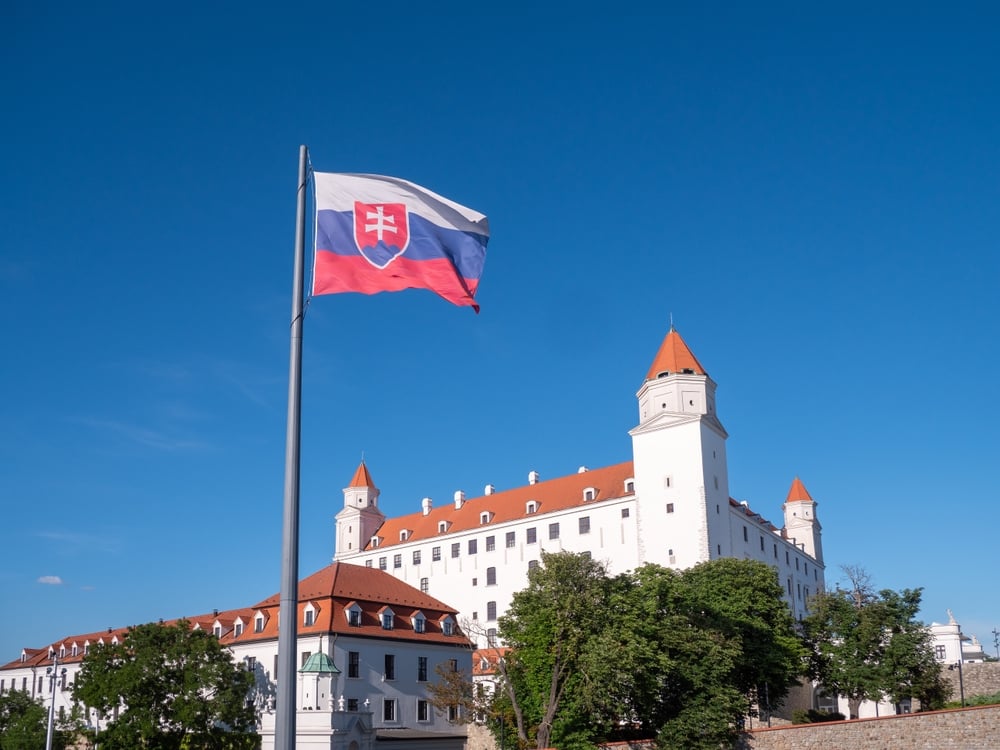Slovakia’s coalition government is weighing retaliatory measures against Ukraine after the suspension of Russian gas transits through Ukrainian territory to Slovakia. The move, which took effect on New Year’s Day, ends decades of Russian energy dominance in Europe and has triggered political and economic repercussions in Slovakia.
Prime Minister’s Response
Slovak Prime Minister Robert Fico announced that his government would discuss responses, including cutting electricity supplies to Ukraine, reducing aid for Ukrainian refugees, and demanding either the resumption of gas transit or financial compensation.
“The only alternative for a sovereign Slovakia is renewal of transit or demanding compensation mechanisms that will replace the loss in public finances of nearly 500 million euros,” Fico said in a video message posted on Facebook.
Fico, whose government has sought closer ties with Moscow and ended military aid to Ukraine, accused Ukrainian President Volodymyr Zelenskiy of “sabotage” and vowed to address the issue in Brussels next week.
Economic Fallout for Slovakia
The cessation of Russian gas flows has economic consequences for Slovakia, despite its access to alternative gas supplies.
- Loss of Revenue: Slovakia’s state-owned gas transit operator, Eustream, recorded revenues of €158 million and after-tax profits of €25 million in the last reported six-month period. The halt in gas transits threatens these earnings.
- Increased Costs: State-owned gas importer SPP estimates an additional €90 million in transit fees if it fully replaces Russian gas this year.
- Rising Energy Prices: Fico warned that Ukraine’s actions would lead to increased gas and electricity prices across Europe.
Retaliatory Measures Under Consideration
Fico’s Smer party is proposing significant measures to respond to the gas transit halt:
- Halting Electricity Supplies: Slovakia exported 2.4 million megawatt hours of electricity to Ukraine in the first 11 months of 2024, supporting the war-torn country amid Russian bombing. Cutting these exports could further strain Ukraine’s energy system.
- Reducing Refugee Aid: Slovakia has been a key destination for Ukrainian refugees, but Fico’s government is contemplating reducing this support.
Regional and Political Implications
The gas transit halt highlights the broader geopolitical tensions between Slovakia, Ukraine, and Russia. Fico’s stance aligns with his efforts to maintain a pragmatic relationship with Moscow, contrasting with Zelenskiy’s accusation that Slovakia is opening a “second energy front” against Ukraine under Russian influence.
Slovakia’s decision to retaliate could strain relations within the European Union, where member states have largely supported Ukraine against Russian aggression. The issue will be discussed in Brussels next week, where Slovakia is expected to push for compensation or alternative solutions.
Conclusion: Energy and Politics Collide
The end of Russian gas flows through Ukraine underscores the shifting dynamics of European energy markets, with significant economic and political ramifications. Slovakia’s proposed retaliatory measures reflect its frustration over the loss of revenue and higher costs, but they also raise questions about regional solidarity and the future of European energy security.





















